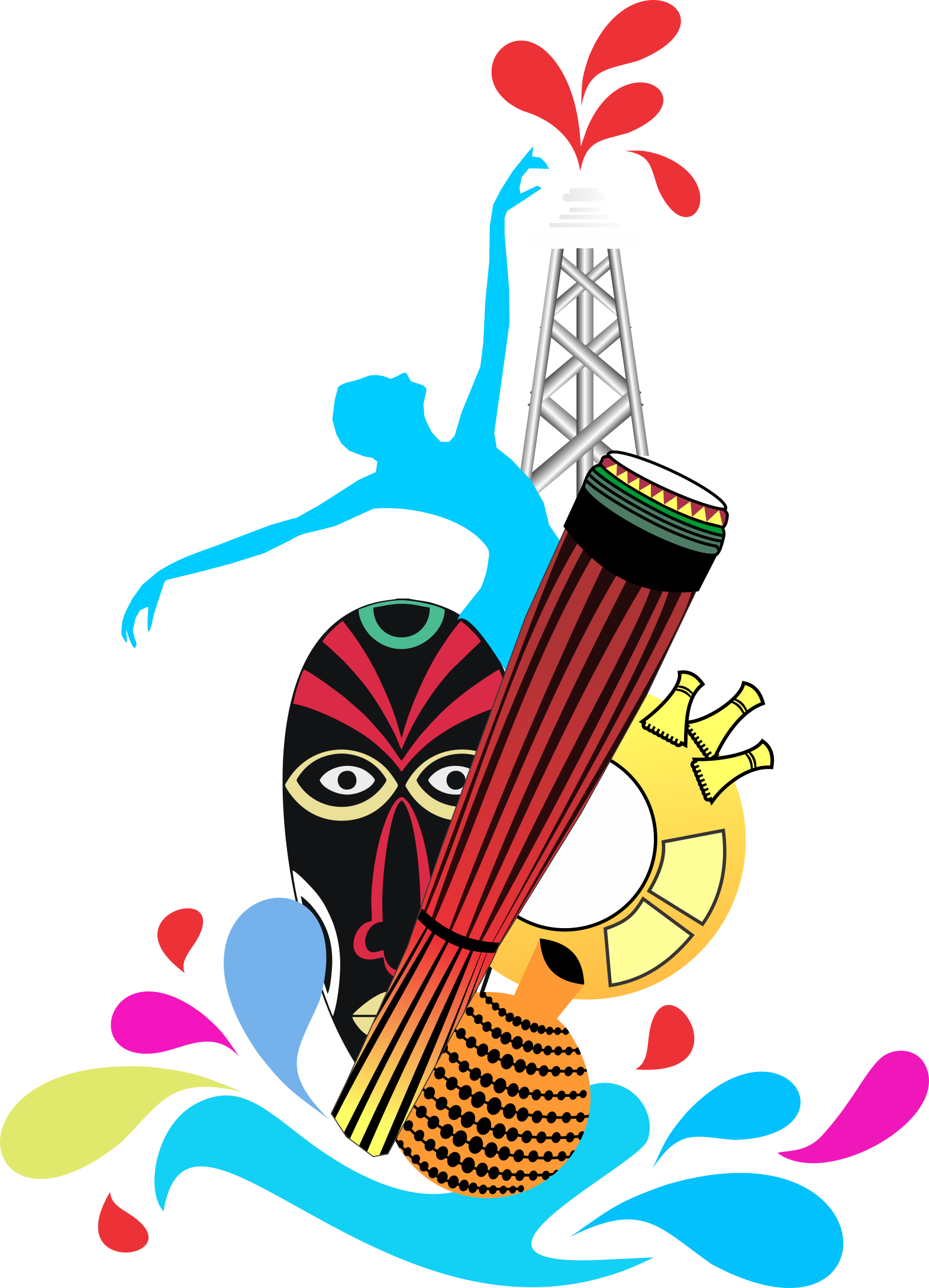Warri Metropolis Overview
Warri is a prominent city located in the southern part of Nigeria, in Delta State. It is one of the major urban centers in the Niger Delta region and serves as a commercial and industrial hub. The city has a rich history, largely shaped by its role in the oil industry, as it sits within Nigeria’s oil-producing region. Warri is strategically positioned with access to the Atlantic Ocean via the Warri Port, making it a key center for trade and transportation.
The city is characterized by a bustling economy, which is centered on the petroleum sector, as well as manufacturing, trade, and other industries. Warri has developed significantly over the years and is home to many corporate offices, retail outlets, and other urban amenities. The city has a diverse population, with people from various ethnic, cultural, and religious backgrounds.
Ethnic Background:
Warri is a melting pot of various ethnic groups, primarily due to its historical role as a commercial center. The main ethnic groups in Warri include: urhobo, itsekiri an ijaws, we also have isokos, okpes, ukwuani, Igbos, Yorubas, Hausas living there.
Warri is a dynamic metropolis that combines urban development with rich cultural diversity. Its ethnic makeup, primarily the Itsekiri, Ijaw, and Urhobo peoples, shapes much of its social life and traditions. The city’s economic activities, especially in oil and gas, continue to draw people from across Nigeria and beyond, making it one of the most significant urban centers in the Niger Delta.
Local Government Areas (LGAs):
Warri South, Warri North , and Warri South West With Towns and Communities within the Warri Metropolis:
Warri South (headquarters in Warri)
Warri South West (headquarters is Ogbe-Ijoh)
Warri North (headquarters in Koko)
Ugborodo (District in Warri Southwest LGA)
Other Notable Areas:
Effurun (Headquarters of Uvwie LGA, which is near Warri)
Udu (headquarters at otor Udu
Okpe (headquarters at orerokpe
Osubi (home of the now governor of Delta state and host of Warri international airport)
Warri offers a range of accommodations to suit various preferences and budgets. Here are some notable options:
Dining and Food Joints
Warri boasts a variety of dining options, from local eateries to international cuisine. Here are some recommended spots:
Transportation
Getting around Warri is facilitated by various transportation options:
Taxis: Widely available throughout the city, offering convenient travel to various destinations.
Buses: Public buses operate on set routes, providing an affordable means of transportation.
Motorcycle (Okada): Commonly used for short distances, though it’s advisable to exercise caution.
Car Hire: Available through local agencies for those preferring private transportation.
Rail: The Warri-Itakpe rail line offers passenger services, enhancing connectivity to other regions.
Nightlife: Clubs and Lounges
Warri’s nightlife is vibrant, with numerous clubs and lounges catering to diverse musical tastes and atmospheres. Here are some popular venues:
Tourist Sites
Warri and its surroundings offer several attractions for visitors:
Tours and opportunities to observe diverse wildlife.
- Falcorp Mangrove Park/Mini Zoo: Located behind the Warri Refinery, this park offers insights into local flora and fauna. A serene park ideal for picnics and relaxation, featuring lush greenery and recreational facilities.
- Warri Township Stadium: A sports venue hosting local football matches and events.
- Shell Golf Club, Ogunu: A recreational facility offering various sports and leisure activities.
- Warri Port: A bustling port area providing insights into the city’s commercial activities and history.
- The Nana’s Palace: Built by a powerful nineteenth-century indigenous entrepreneur, Nana Olomu (1852–1916), who was an Itsekiri chief and merchant from the Niger Delta region of southern Nigeria. The palace is located at Koko in Warri North Local Government Area. The palace has been recognized and approved as a National Monument.
The Araya Bible Site
This houses a copy of the Holy Bible which was believed to have descended from heaven in 1914. Before 1911, it was believed that there was no sign of Christian activity in the isoko towns.The Bible was said to have landed on some tuber of yams that were soaked from rainfall but never got wet. The site attracts thousand of Christian pilgrims yearly. Araya Bible site is believed to be Isoko “CANAN LAND”.
River Ethiope Source
The river ethiope source unlike other river source originated from the foot of a giant silk-cotton tree at Umuaja in Ukwuani Local Government Area, Delta State and by the time it reaches sapele, it becomes deep enough to provide a harbour for ocean-going vessels. Guest can swim, boat, and fish at the river ethiope.
Warri seamlessly blends traditional culture with modern amenities, ensuring visitors have a memorable experience.

